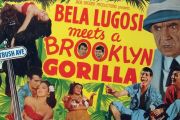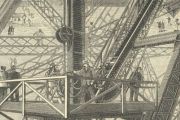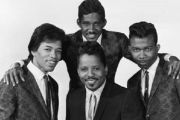Rod Stewart Was Never a Gravedigger
 Before
he became a famous singer, Rod
Stewart held a series of odd jobs.
Before
he became a famous singer, Rod
Stewart held a series of odd jobs.
After he dropped out of school at fifteen, Stewart worked as a screen printer printing wallpapers. It was an odd match, given that he's colorblind - he was laid off soon afterwards and lamented
"That's always going to limit your possibilities in the wallpaper industries. If you are colour-blind, one of the things you can't be is an aircraft pilot. One of the other things you can't be is a wallpaper designer."
After he got laid off, Stewart got a short-lived job putting picture frames together, then another brief stint as an electrician's assistant feeeding wire into conduits. Stewart's soccer-crazed dad prodded him to become an apprentice at a professional soccer club in hopes that he'd become a professional soccer player, but Stewart quit because he disliked having to clean the team players' shoes in the morning.
When his father retired, the family opened a newsstand. Stewart was forced to do newspaper rounds. He recounted
"In those periods when I was unemployed, my dad couldn't see why I shouldn't help him out. I would get shaken awake at six in the morning - not something which has ever gone down well with a teenager - and stumble blearily into the shop to sort papers into rounds with the other paper boys, who were, without exception, nine- or ten-year-old kids and (also without exception) cheeky sods. Here was humiliation more extreme than anything reality television has yet dreamed of."
There's one job that Rod Stewart was famous for having: a gravedigger at Highgate Cemetery. That, it turns out, is a bit of a stretch:
"... there were a couple of Saturdays up at Highgate Cemetery, earning a few quid by measuring out plots and marking them off with string. You learn a lot about yourself, doing physical work. And what I learned about myself was that I didn't like doing physical work.
Incidentally, it was from these few hours of casual labour at the cemetery that the popular myth arose (one I happily rode along with) that I was once a gravedigger. It's a delicious, mysterious piece of back-story, but again we must move to strike it from the record. I was no more a gravedigger than Gordon Ramsay was a gravedigger who played for Rangers."
Source: Rod:
The Autobiography



 Despite
his professor's lack of encouragement, Smith held on to the idea and founded
Federal Express in the early 1970s. In 1973, the company carried its first
load of 186 packages ... and immediately ran into financial troubles.
Beset by rapidly inflating fuel prices and other costs, FedEx was bleeding
money.
Despite
his professor's lack of encouragement, Smith held on to the idea and founded
Federal Express in the early 1970s. In 1973, the company carried its first
load of 186 packages ... and immediately ran into financial troubles.
Beset by rapidly inflating fuel prices and other costs, FedEx was bleeding
money.






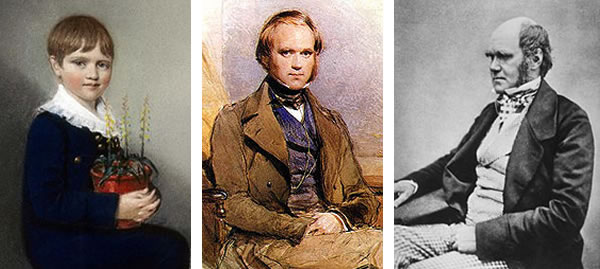
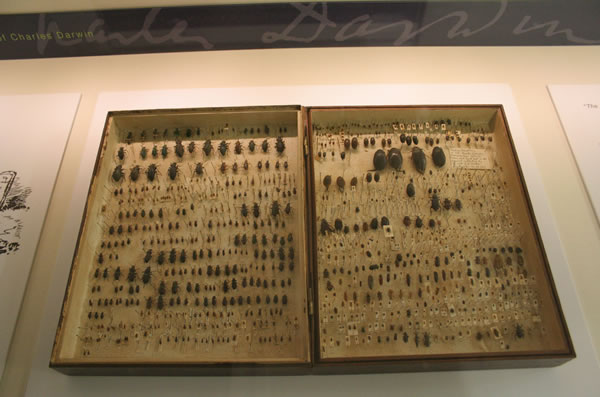
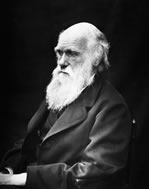 A journey of a thousand miles begins with the first step.
A blog of a thousand posts starts with a single word. But what about successful
people, companies, and inventions? How did they get their start? What
happened on their (often long and winding) road to success?
A journey of a thousand miles begins with the first step.
A blog of a thousand posts starts with a single word. But what about successful
people, companies, and inventions? How did they get their start? What
happened on their (often long and winding) road to success?

